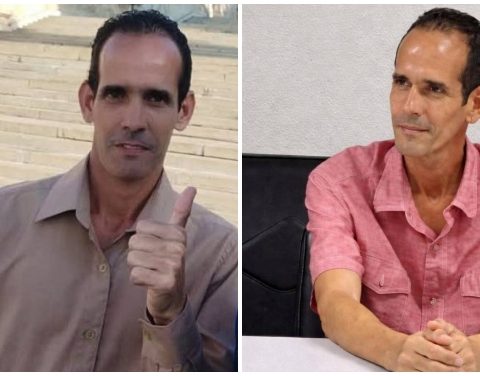The executive secretary of the National Evaluation and Productivity Commission, Rodrigo Krell, addressed this Thursday what will be the implementation of the 40 Hours Labor Law recently dispatched by Congress for its promulgation. The project has been questioned by various groups (unions, companies) alluding to a loss of jobs and a decrease in productivity.
In this regard, the economist pointed out in the program “To Bread Bread” with mira schindler of The Radio Counter that “this type of law always has positive aspects such as risks. The most vulnerable jobs may have a greater risk of dismissal, but there are also benefits in others, such as people being able to get home sooner.”
You may also like:
flexibility
One of the points that most worries unions and employers is the flexibility of working hours -to achieve 40 hours a week within a period of five years-, since there is fear of some labor abuse with the hours worked as of the organization of companies.
Krell is aware of those fears, but clarified that “I understand that the introduction of flexibility may cause resentment to groups that have been opposed to this type of reform. The flexibility is introduced to mitigate the possible negative effects of a reduction in working hours of 40 fixed hours”.
He also noted that “the law allows you to accumulate more hours in some weeks, but that is compensated with fewer hours later. There are costs and benefits, there is no way for everyone to win.”
In order to achieve the correct implementation of the 40-hour work week, the CNEP member stated that they will be constantly monitoring this law to improve its negative effects and continue with the positive ones.
Productivity
One of the biggest resentments that some employers have is that with this law there is low productivity on the part of workers. Rodrigo Krell, when asked about this item, assured that “in Chile we have low productivity, but it is not inherent to the worker, it is not that we have bad workers. The productivity problem is more systemic (companies, market, State)”.
The economist specified that the problem of productivity should not be focused on the workforce, but rather on observing the management or public policies that have contributed to this low productivity.
On the other hand, he insisted that the problem of the educational system that our country has has an impact on training and productivity in the future due to the loss of human capital by not being prepared from the bases.
“We have shortcomings in the educational system, not even the private ones offer a very good quality of education and that is where we must put efforts, in deep reforms to what surrounds the educational system (security, social). We have not advanced in the indices therefore, we will not be able to advance in productivity without improving the education of our population,” he added.
Innovation
The host of the “Al Pan Pan” program, Mirna Schindler, asked the executive secretary of the CNEP about the low investment in innovation that exists in our country, to which he replied that this scenario is produced by a lack of demand from companies, since “they do not feel pressured enough from the point of view of the competition they face to innovate.”
“The same logic has to come from the business world, do I innovate or die? And that happens when the markets are very competitive and very open, when there is an entrepreneurial spirit and the scaling of entrepreneurship to challenge the large established companies , that in Chile is not so present,” he said.
Finally, Krell commented that with the rise of artificial intelligence applications they can cause greater unemployment, so there must be an improvement in the preparation of digital skills in the country. “We need to improve the base, improve our educational system and then it is necessary to direct efforts in our higher education towards these subjects,” she closed.
Video via YouTube: The counter
















